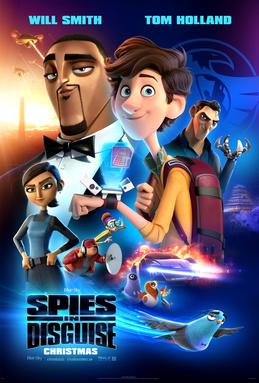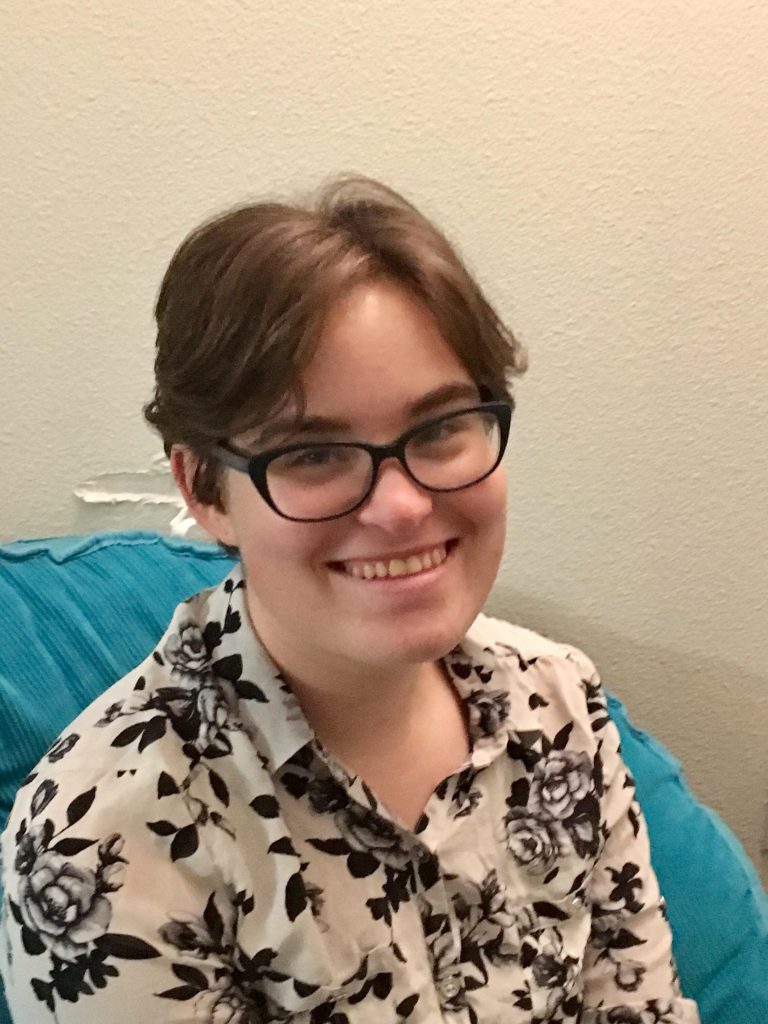
written by David Steffen
The Legend of Zelda: Link’s Awakening for the Nintendo Switch is a 2019 polished and expanded version of the 1993 Game Boy game of the same title. It is part of the Legend of Zelda series of games that came out shortly after The Legend of Zelda: A Link to the Past, and has a very similar look and game engine and many of the same items, but has its own feel and story and additional items and enemies all its own.
The story begins at an indeterminate time in Link’s life, and not even clear which Link it is (as the characters named Link in the series as a whole are actually generations of heroes with the same name, rather than a single character), but I think it’s most likely given the timing of the game that this is the Link from A Link to the Past some short time after that game (because he mentions Zelda. The game begins with a ship that Link is sailing on running into a fierce storm that causes a shipwreck, and he wakes up on mysterious Koholint Island to the face of someone who looks very much like Zelda.
This game is, to this day, a major departure from the series in that it is missing many of the major elements that define the Zelda formula. Most of the games are defined by the magical Triforce and the three people that seem to be tied irrevocably to each of its aspects: Zelda for wisdom, Link for courage, Ganon/Ganondorf for power. But this is not a game about Zelda, or about Ganon (a little funny that a Legend of Zelda game barely mentions the titular princess).
The game is almost entirely the same as the original Game Boy version. The mechanics, enemies, dungeons are generally the same. The most noticeable change is the graphics, which are all 3-d rendered and look very pretty and glossy, and it’s fun to see the update. Other graphics related changes such as the overworld is split up into clear “screens” that scroll from one to another, they instead flow smoothly. A big change is that the Switch takes advantage of having more buttons by assigning dedicated buttons to the most vital items like the sword and the shield–in the original game boy game there were two item buttons that you can assign to anything including the sword and the shield, so if you wanted to use two other items, you couldn’t use the sword and shield at all. There is also a new side game where you can build your own dungeons out of preset room blocks, and a new optional dungeon which you will have to find yourself that’s not part of the main quest.
Whether you played the game when it originally came out or you’re new to it, this is a fun game to get hold of. It’s a good introduction to the series as well, because it is a little more forgiving in some ways than the others in the series.
Visuals
The main update from the original are the visuals and they look very nice! Kindof a cute and glossy overhaul, making the character and enemy designs much more detailed than the original Game Boy version was capable of.
Audio
Catchy as ever, The Legend of Zelda series has always had excellent earworms.
Challenge
Overall this is probably one of the Zelda games with an easier learning curve. The top-down view is easier to navigate for beginner players than the modern full-depth worlds. The phone huts throughout the world give you hints on what you’re supposed to be working on next. If you die in the overworld you can choose to continue on the exact same screen without penalty (this is extremely handy for younger players) and if you die in a dungeon although you have to restart from the beginning you at least get to keep any progress you made (i.e. keys collected, doors unlocked) before you died. It’s a good choice if you want to introduce a kid new to video games to the world of Zelda.
Story
The story is pretty light and not particularly sensible. Link spends the game risking his life to wake the godlike entity whose very dreaming defines the island and everything on it. It seems like a really bad plan, and never at any point in the game seems like a good idea, but it’s the only way to move forward with the plot.
Session Time
Since you can save anywhere and continue back from that same screen on the overworld this makes it very easy to pick up and down. Although dungeons would require a little bit of re-playthrough you can at least keep progress made. And of course the Switch still has the major advantage of being able to sleep and unsleep very quickly.
Playability
Controls are easy to pick up, of course it takes some skill and practice to get get at attacking and dodging effectively.
Replayability
There is some replay value in trying to collect all of the secret shells that are scattered throughout the land, to try to earn the rewards, and also to tackle the secret dungeon that’s been added in this version, find all the pieces of heart, and etc.
Originality
Of course this incarnation is a remake of an earlier game, so you can’t judge this incarnation fairly on its originality. The original game itself used the format of another game of its time very closely: the SNES game The Legend of Zelda: A Link to the Past, including many of the same items. But even at that time it did add a significant number of new things and had its own feel.
Playtime
Legend of Zelda experts will probably breeze through most of it, as it is one of the easier games in the series, but there are still quite a few dungeons to discover and defeat as well as plenty of things to discover in the overworld.
Overall
The original incarnation of this game is still one of my favorite Game Boy games, an excellent entry in the Legend of Zelda series, and although it borrowed heavy from its SNES predecessor it is still an entertaining and fun game in its own right. This remake of it makes it easy to find for a new generation, as well as updating the graphics and adding some new content, and it was a great deal of fun to revisit it. You can buy it for the Switch for $60 anywhere Nintendo Switch games are sold.


